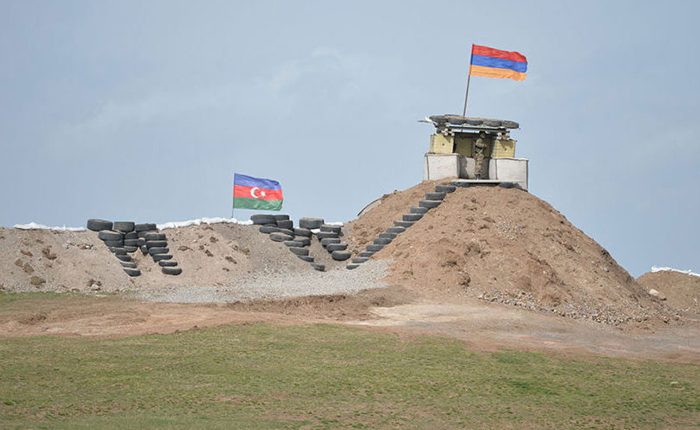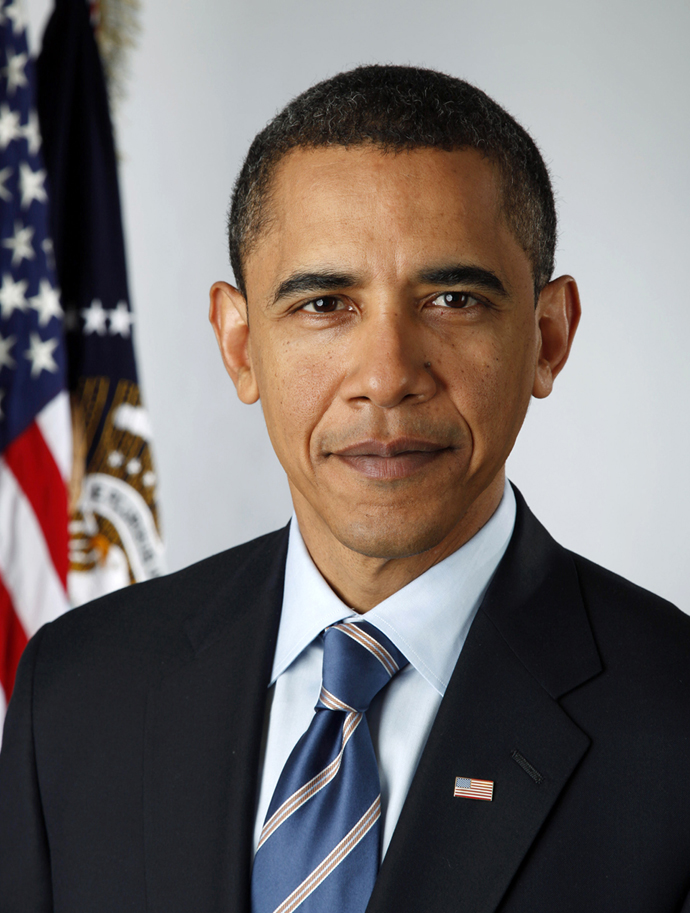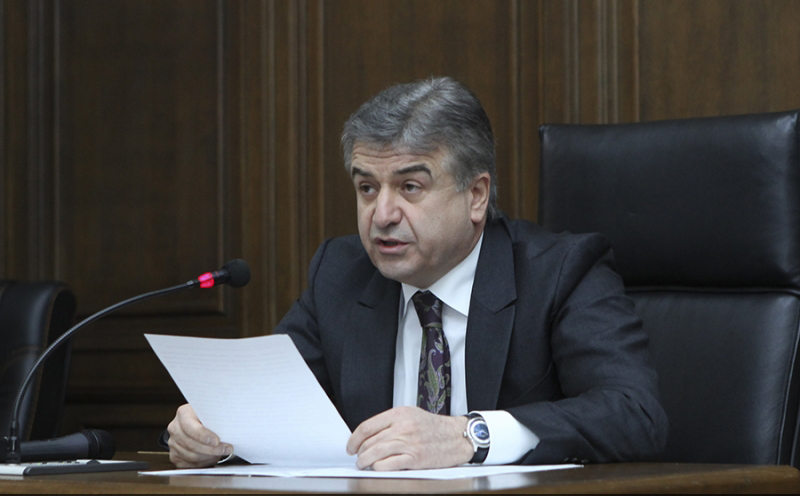K. KHODANIAN
For several months, Yerevan and Baku have been exchanging proposals for a peace treaty. Currently, the exchange of documents remains the primary method to reach a final agreement. Due to objections from the Azerbaijani side, negotiations in Brussels and Washington are suspended. Instead, Baku is suggesting a format for bilateral negotiations on the border between the two countries, which seems unacceptable to the Armenian side. Yerevan prefers international guarantees for any agreement that materializes.
The successive proposals from the Azerbaijani side and statements from Azari president Ilham Aliyev in recent days have once again created confusion and mistrust about Baku’s true intentions.
Ararat Mirzoyan, the Minister of Foreign Affairs of Armenia, noted a noticeable regression in the recent proposals from the other side. Prime Minister Pashinian responded more directly to Aliyev’s recent statements, stating that Baku’s words have significantly impacted the peace process.
In his speech, Aliyev once again brought up the subject of “Zangezur Corridor,” connecting Nakhichevan with Azerbaijan. This corridor was mentioned by Aliev for the first time after the 44-day war. From day one, Armenia considered such talks as a red line for the country’s sovereignty and territorial integrity rejecting such a proposal.
This issue has gone through several stages in the last three years. Initially, Azerbaijan threatened to achieve its demands through force, and in September 2022, the Azeri army attempted to impose the corridor plan through war but faced resistance from the armed forces of Armenia, preventing them from achieving their plan. Later, Azerbaijani officials claimed that the “Zangezur Corridor” lost its attraction after an agreement was reached with Iran on the road connecting Nakhichevan to Azerbaijan.
Now, Baku has once again raised the issue of the “Zangezur Corridor,” demanding that it should ensure unhindered traffic for its citizens; otherwise, the border with Armenia cannot be opened at any other point. In other words, Armenia will remain under blockade, and Turkey is likely to follow suit, disregarding partial agreements reached during recent Armenia-Turkey negotiations. Aliyev continues to insist that the “corridor” was included in the tripartite declaration signed at the end of the 44-day war. Pashinian does not agree that such a provision was included in the cease-fire agreement and reminds that since Azerbaijan and Russia violated sections of that agreement concerning Nagorno Karabakh, the document as a whole ceased to exist.
At this juncture, Armenia faces the challenge of strengthening its army and establishing a military balance with its enemy. The acquisition of new weapons from India, France, and other countries is a crucial step in that direction. It has recently been revealed that Russia has started supplying a certain amount of weapons that Armenia has been requesting for a long time.
As Aliyev once again raises the issue of the “Zangezur Corridor” and talks about other Armenian territories belonging to them, he once again highlights that the excessive optimism of the Armenian government regarding the establishment of peace is not realistic. At this juncture, all statements and promises about Baku’s “peaceful” intentions should be considered political games and very much dubious.
“MASSIS”










